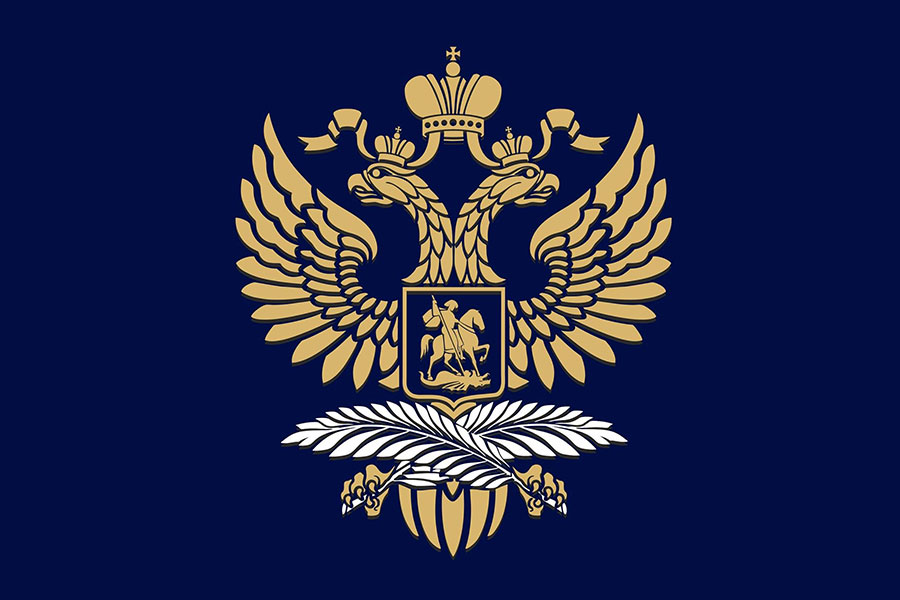
Commentaries | Nov 27,2018
Feb 29 , 2020
For generations, individual choice has been suppressed in favour of society's long-held customs and norms. But if we do not challenge our cultures, how can we profess to love them, asks HANNA HAILE(hanna@zellan.art), founder of Zellan Creative & Cultural Center.
I am lucky enough to have grown up in a happy home, but, more importantly, in a household that did not think divorce was unimaginable. I was taught that if one is in a miserable relationship, there is no point in staying with that person to raise children.
In most instances, it is the women who suffer most in societies that consider divorce to be taboo. Many stay with abusive partners, tied together by financial constraints, or social constructs that dictate it would be better for the woman to suffer rather than leave. In many instances, elders are involved in the process of reconciliation, yet the outcome is always the same. The man is asked to change his behavior and the woman is encouraged to be patient.
Many women endure troubled marriages out of fear that they would lose the financial means to raise their children. At a recent wedding ceremony, the priest addressed this exact problem. He said that women must be financially independent if the modern marriage is to be truly successful. This type of sermon is a rare and refreshing challenge to our patriarchal system.
Our culture seems to make even the most capable people feel desperate to achieve social milestones. Marriage and children should not be seen as prerequisites for adulthood. When treated as absolute necessities, these impressive accomplishments become threats to our civilisation’s progress. Unhappy adults tend to raise maladjusted children who grow up to become burdens to society.
Some of the leading reasons for suicide in Ethiopia include being single and not having a child after marriage, says Dereje Aseffa (MD), team leader of the Mental Health Program at the Ministry of Health, who recently sat for an interview with Addis Zemen,the state Amharic daily. Every year 8,000 Ethiopians commit suicide.
Our society is moving into the modern world with a value system that it should no longer defend. Marriage and having children should be a choice for every individual. If we continue to believe that we must have these things in order to be whole, we will waste our society's potential.
Individual choice is not a priority of our culture. It is merely tolerated. The only choices celebrated are those that work to conform towards accepted norms. I am now at an age that many of the people that I have known growing up are getting married and having children.
While some of these unions have been inspiring, I have also sat with brides and grooms that confess they have made this work only because they decided to conform to the demands of society.
“I just want to have children, that’s all,” a bride confessed to me after her very lavish wedding.
We have very rigid ideologies on parenthood, relationships and family. The façade of functionality that our culture perpetrates hurts us more than the difficulty of building something that can work in the modern world. Take for example our extravagant wedding celebrations, which lead us into debt at a time when the cost of living is very high. The tradition of opening our doors to people should be replaced with opening our minds to others. To sit beside someone with our undivided attention and a non-judgmental attitude could be a new way to show hospitality.
Strong family bonds are a pillar of our cultural identify, but we often see families fight over challenges such as inheritance. Too many households exchange harsh words as a result of greed. Of course, we are not a perfect society, but we must stand tall with our convictions. And our convictions must not lay in the superficial norms and customs of our culture.
Communally, Ethiopians continue to uphold cultural structures which do not always benefit them. But where there is life, there can be change. As we look within to strengthen our relationships with our families and friends, traditions and customs, we must not neglect the relationship with ourselves.
Every person has the power to change their society through their actions. Each time we let our society morph into a less real version of itself, we are all responsible.
If we do not challenge customs and norms, how can we profess to love them?
PUBLISHED ON
Feb 29,2020 [ VOL
20 , NO
1035]


Commentaries | Nov 27,2018

Fortune News | Sep 21,2019

Editorial | Sep 06,2020

Verbatim | Mar 12,2022

Viewpoints | Nov 05,2022

Featured | Jan 07,2023

Radar | Nov 02,2019

Advertorials | Jul 31,2023

Agenda | Sep 28,2019

Fortune News | Nov 23,2019

Dec 22 , 2024 . By TIZITA SHEWAFERAW
Charged with transforming colossal state-owned enterprises into modern and competitiv...

Aug 18 , 2024 . By AKSAH ITALO
Although predictable Yonas Zerihun's job in the ride-hailing service is not immune to...

Jul 28 , 2024 . By TIZITA SHEWAFERAW
Unhabitual, perhaps too many, Samuel Gebreyohannes, 38, used to occasionally enjoy a couple of beers at breakfast. However, he recently swit...

Jul 13 , 2024 . By AKSAH ITALO
Investors who rely on tractors, trucks, and field vehicles for commuting, transporting commodities, and f...

Oct 4 , 2025
Eyob Tekalegn (PhD) had been in the Governor's chair for only weeks when, on Septembe...

Sep 27 , 2025
Four years into an experiment with “shock therapy” in education, the national moo...

Sep 20 , 2025
Getachew Reda's return to the national stage was always going to stir attention. Once...

Sep 13 , 2025
At its launch in Nairobi two years ago, the Africa Climate Summit was billed as the f...